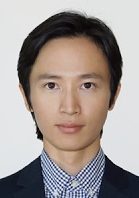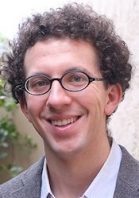Villasenor on 5G Cybersecurity Challenges
John Villasenor, professor of public policy, electrical engineering and management, spoke to the Wall Street Journal about the potential challenges of 5G cybersecurity. While 5G is expected to be 100 times faster than 4G, enabling new technologies and strengthening security, Villasenor remained cautious. He predicted that some cybersecurity risks and vulnerabilities will not be addressed right away. “I’m not very confident that we’re going to be on top of these problems,” he said. “People only get cybersecurity right after they get it wrong. We’re going to learn the hard way, and hopefully the mistakes will not be particularly costly and harmful.”


